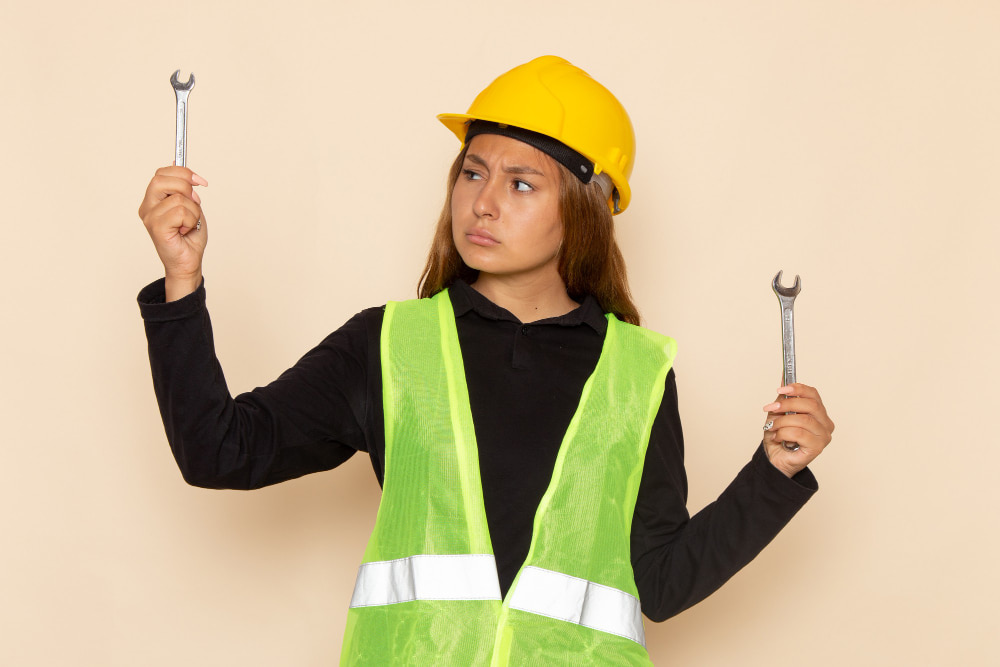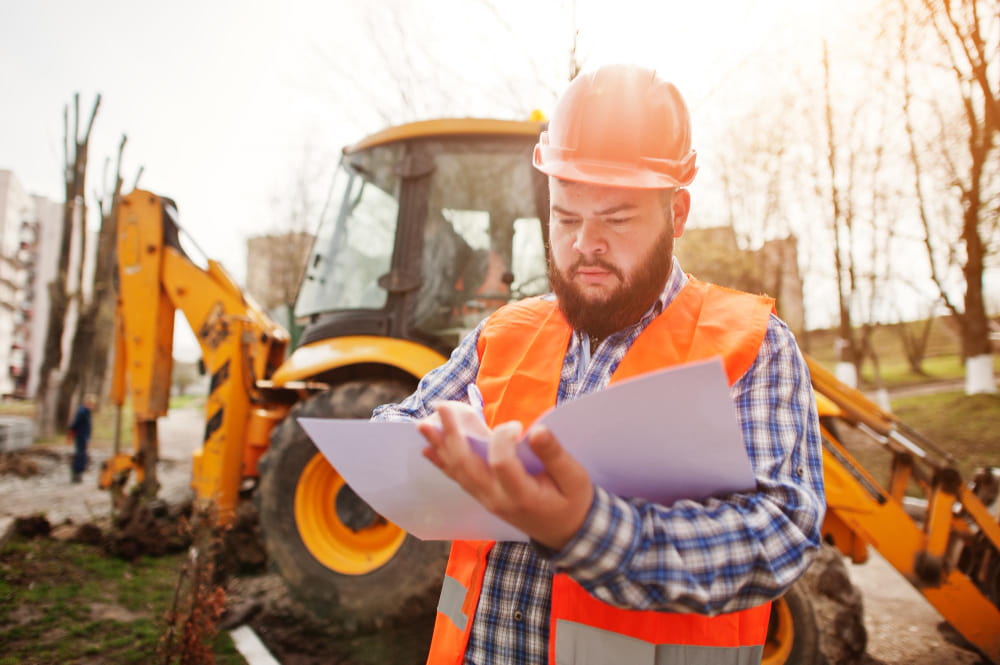Excavation is a critical step in any construction project. Whether it’s for a new home, a landscaping project, or laying the foundation for a commercial building, excavating the site properly is key to the success of the project. However, mistakes during excavation can cause significant delays, additional costs, and safety hazards.
1. Failing to Properly Survey the Site
One of the biggest mistakes in excavation is not thoroughly surveying the site before digging. A proper survey helps determine the correct excavation area, identifies potential hazards, and ensures that everything is in line with the design plans.
How to Avoid It: Before beginning excavation, hire a professional surveyor to assess the site and mark the correct boundaries. This will prevent unnecessary digging in the wrong areas and avoid costly rework.
2. Damaging Underground Utilities
Hitting an underground utility line—such as water, gas, or electrical lines—is a common mistake that can lead to expensive repairs and serious safety risks.
How to Avoid It: Always check with local utility companies before excavating. Request a utility markout to ensure you know where the utility lines are located. Additionally, use specialized equipment and techniques to avoid damaging these lines during excavation.
3. Ignoring Proper Drainage
Improper drainage planning can lead to water pooling around the foundation or within other areas of the site. This can result in long-term damage, such as soil erosion or water damage to structures.
How to Avoid It: Ensure proper grading of the site to direct water away from key structures. Consult with an expert on drainage solutions before starting excavation to ensure water doesn’t collect where it shouldn’t. If you’re in need of professional help, consider installing a proper drainage system in Oklahoma City, OK, to effectively manage water flow and protect your property from water damage.
4. Over-Excavating or Under-Excavating
Over-excavating means digging too deep, while under-excavating means not digging deep enough. Both of these mistakes can lead to issues with the stability of the foundation or other structures built on top of the site.
How to Avoid It: Stick to the specifications in your project plans. If you’re unsure, it’s always best to consult with an experienced contractor or engineer to ensure the right depth for your excavation.
5. Not Considering Soil Conditions
Excavating without considering the type and condition of the soil can lead to stability problems. If the soil is too soft or unstable, it can cause the excavation walls to collapse, leading to safety hazards and structural issues.
How to Avoid It: Perform a soil test to determine its stability before starting the excavation. If the soil is not suitable for excavation, you may need to reinforce it with additional materials or use special techniques to ensure safety.
6. Not Using Proper Equipment

Using the wrong type of equipment or poorly maintained machinery can cause mistakes during excavation. Equipment that is too small for the job can result in delays, while equipment that is not maintained can break down, further stalling the project.
How to Avoid It: Always use the correct equipment for the type of excavation you’re doing. Ensure that all machinery is regularly serviced and properly maintained to avoid breakdowns and delays.
7. Failing to Account for Weather Conditions
Excavation work can be greatly impacted by weather conditions. For example, rain can make the soil unstable and increase the risk of landslides or erosion, while freezing temperatures can make the ground harder to dig.
How to Avoid It: Monitor the weather forecast and avoid excavation during extreme weather conditions. If excavation must continue in challenging weather, take extra precautions to ensure the site remains stable and safe.
8. Ignoring Safety Precautions
Excavation sites are inherently dangerous, especially if safety measures are not taken. Risks such as cave-ins, falling debris, and equipment accidents can cause injuries or even fatalities.
How to Avoid It: Always follow proper safety guidelines, such as using protective barriers, ensuring workers wear safety gear, and securing the excavation site. Trench boxes and shoring can help prevent cave-ins in deeper excavations. Safety should always be a top priority.
9. Skipping Proper Permits and Regulations
Excavation work often requires permits and must comply with local building codes. Failing to obtain the correct permits can lead to fines, penalties, or having to redo work.
How to Avoid It: Before starting excavation, check with your local government to determine what permits are needed for your project. Make sure all the necessary permits are obtained and that the excavation complies with local regulations.
10. Not Planning for Waste Disposal
Excavation produces a lot of waste, including soil, rocks, and debris. Failing to plan for proper waste disposal can result in a messy worksite and environmental concerns.
How to Avoid It: Plan for waste disposal before starting the excavation. Ensure that there is a proper system in place for removing debris, and make sure the disposal site complies with local environmental regulations.
Get Your Excavation Project Done Right!
When you’re ready to start your excavation project, trust the excavating contractors in OKC at Bill’s Custom Concrete & Yard Drainage to get the job done efficiently and safely. Our experienced team will ensure proper site preparation, utility protection, and effective drainage solutions to keep your project on track. Call us today at 405-755-3975 for reliable excavation services that will set your construction project up for success!

